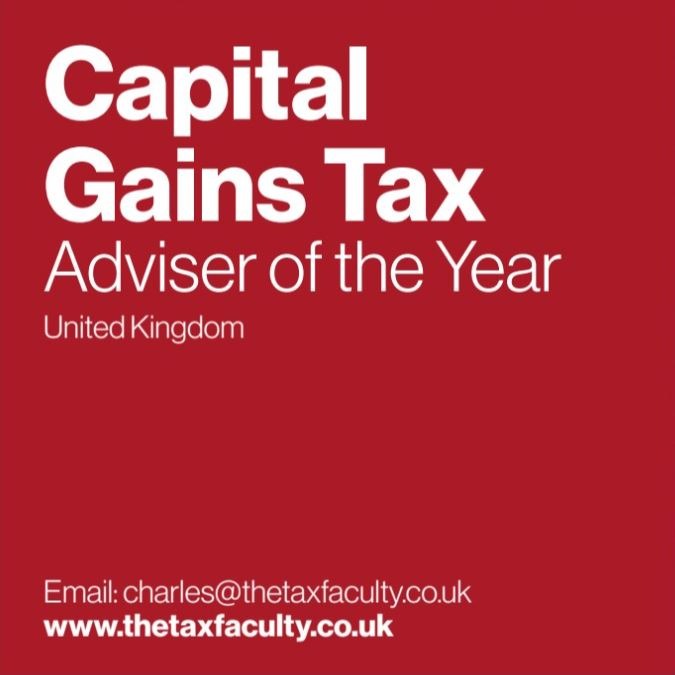When AI Gets It Wrong: A Cautionary Tale from the Tax Tribunal
A recent tribunal case underscores the perils of relying solely on AI for tax matters. Discover why human expertise remains indispensable in navigating the complexities of tax law.
HMRCAICAPITAL GAINS TAXTAX PROFESSIONAL
The Tax Faculty
6/3/20254 min read


The Crucial Role of Human Expertise in Tax Appeals
in an era where Artificial Intelligence (AI) tools are increasingly accessible, their use in complex fields such as tax law is coming under scrutiny. The recent case of Bodrul Zzaman v HMRC serves as a poignant example.
Mr. Zzaman, representing himself at the First-tier Tribunal, relied on AI-generated arguments to contest a £2,501 High-Income Child Benefit Charge (HICBC) assessment for the 2018–19 tax year. However, the tribunal found that the AI-assisted arguments were either unclear or irrelevant, leading to the dismissal of his appeal.
The Case at Hand
In a notable decision from the First-tier Tribunal (FTT), a taxpayer's appeal against a penalty for failing to notify HMRC of a capital gains tax (CGT) liability was dismissed. The appellant, representing himself, submitted summaries of nine cases to support his claim of having a "reasonable excuse" due to mental health issues and ignorance of the law.
However, upon review, it was revealed that these cases were not genuine but were likely generated by an AI tool. The tribunal found that the cases bore hallmarks of AI-generated content, such as similarities to real cases with altered details and repeated phrases using American English spellings like "favor" instead of "favour" .
While the tribunal acknowledged that the appellant was unaware of the fictitious nature of the cases and did not intend to mislead, it emphasised that citing invented judgments is a serious issue. Such actions waste time and resources and can undermine trust in the legal system.
Reflections on AI in Tax Matters
The rise of AI tools has quite clearly revolutionised access to information, offering quick answers to often complex questions. However, this case highlights the limitations of AI in the nuanced field of tax law. AI models generate responses based on patterns in data but lack the ability to verify facts or understand context fully. Context, as we find time and time again, is often critical to fully understanding someone's tax liabilities.
At The Tax Faculty, we've encountered numerous instances where clients have approached us after receiving incorrect or misleading information from AI tools. These experiences really reinforce the importance of professional judgment and the ability to ask pertinent questions to understand an individual's unique financial circumstances.
The Value of Human Expertise
Tax law is intricate, with regulations that often change and require careful interpretation. Human experts bring some essential qualities to the table: critical thinking, contextual understanding, and ethical considerations—qualities that AI currently cannot replicate.
While AI can be a helpful starting point for general information, it should not replace professional advice, especially in matters as significant as tax liabilities. Relying solely on AI can lead to errors, as evidenced by the tribunal case, and potentially result in financial penalties or legal complications.

Conclusion
We understand the appeal of AI tools—they're accessible, fast, and can provide a starting point for understanding complex topics. For many, especially those navigating the intricacies of tax law for the first time, turning to AI can seem like a practical solution. However, as the recent tribunal case illustrates, AI lacks the nuanced understanding and contextual awareness that human professionals bring to the table.
At The Tax Faculty, we've seen first-hand how clients, after relying on AI-generated advice, have faced challenges due to inaccuracies or oversights. It's not about dismissing the value of AI but recognising its limitations.
We cannot stress enough, tax matters are deeply personal and often complex, requiring a tailored approach that considers individual circumstances.
If you're feeling uncertain or overwhelmed, please know you're not alone. We're here to offer guidance, clarity, and the human insight that ensures your tax affairs are handled with the care and expertise they deserve.
Contact The Tax Faculty today to arrange a free consultation with one of our very human team members.
Capital Gains Tax Expertise: The Tax Faculty LLP Managing Partner Charles Tateson Named UK Capital Gains Tax Advisor of the Year 2023
The Finance Monthly Taxation Awards recognises the achievements of tax professionals from around the globe.
Winning such an award is no small feat. It is a reflection of hard work, extensive knowledge, and an ability to navigate the intricacies of the UK tax system.
Read more about Charles and the award here.



Contact Us
Contact us today on freephone 0800 0016 878 for a free consultation on all tax issues, or fill out the handy form below and we'll get back to you as soon as possible.
Alternatively, you can email us at info@thetaxfaculty.co.uk or complete the form below.
(Please note, non-UK callers may need to call 0207 101 3845 if your line cannot connect to our 0800 number)
Feel free to contact us through WhatsApp - we accept calls and messages.
Simply click the WhatsApp button below:
The Tax Faculty LLP - info@thetaxfaculty.co.uk
Call us on 0800 0016 878 for a free consultation
Copyright © 2024 The Tax Faculty LLP - All Rights Reserved


